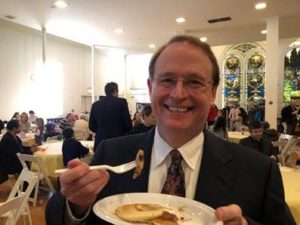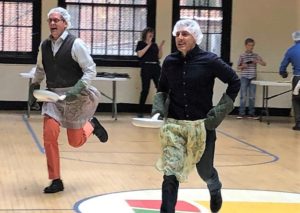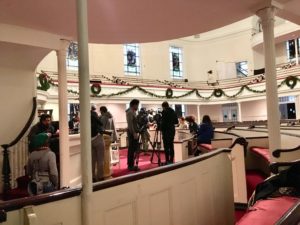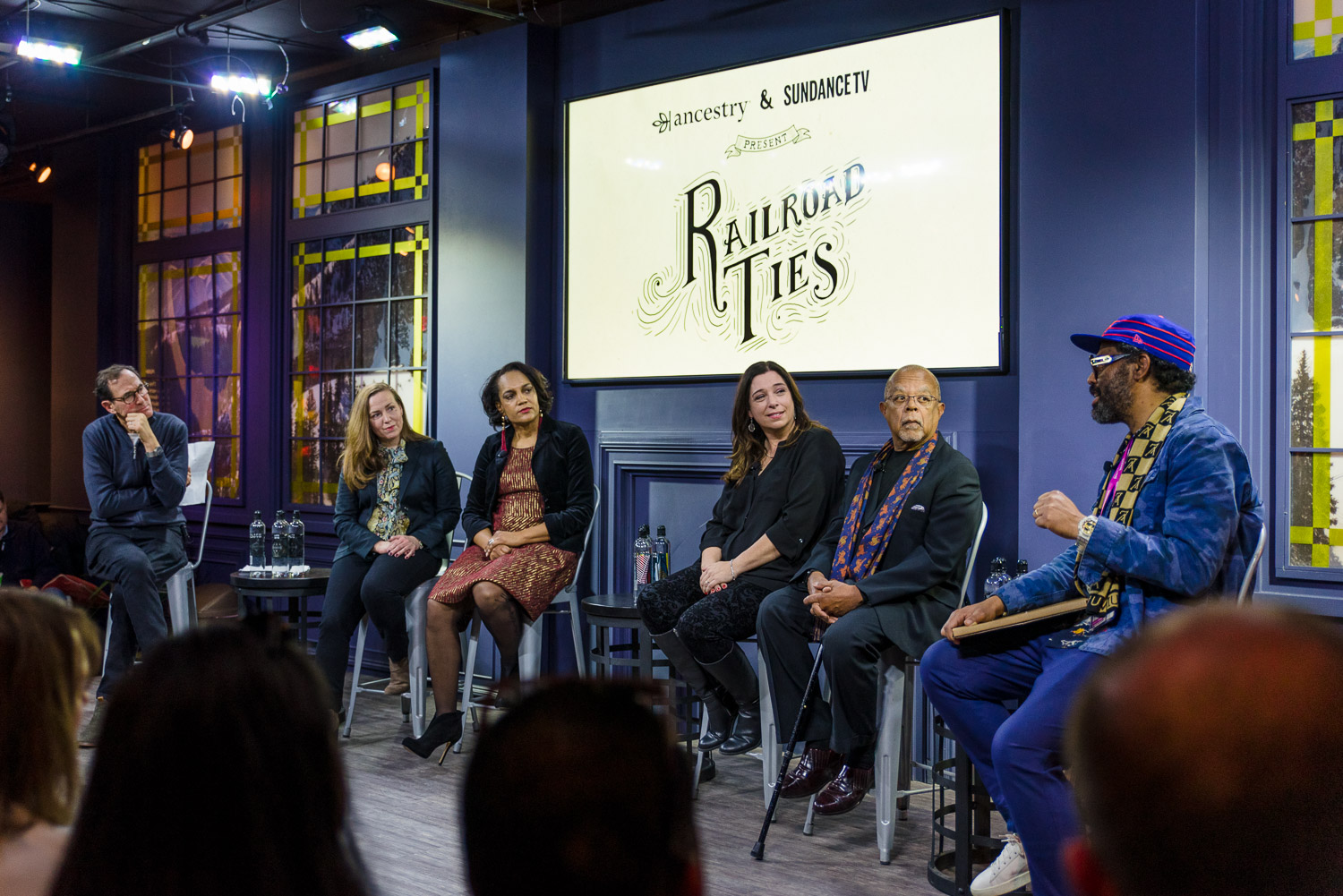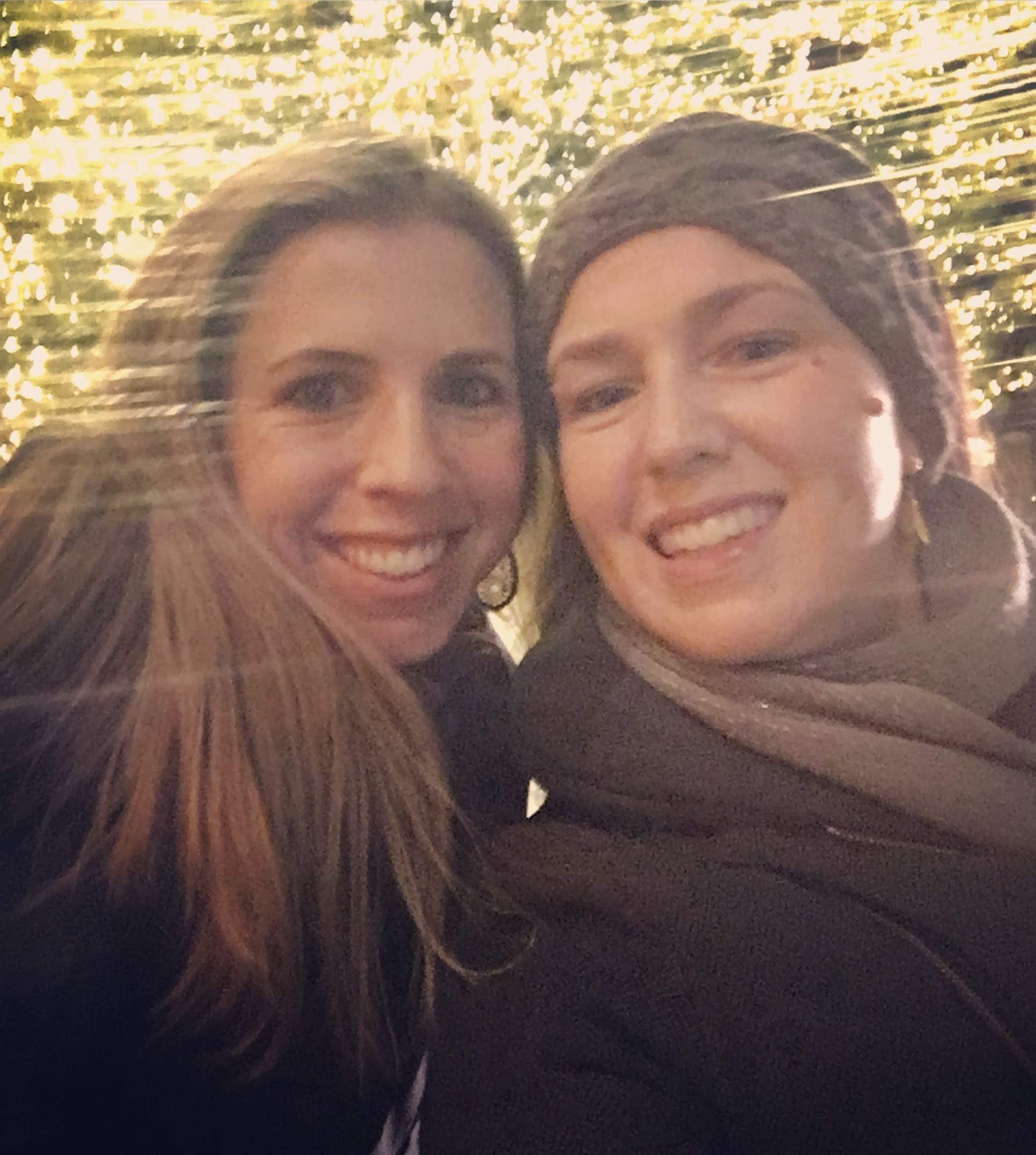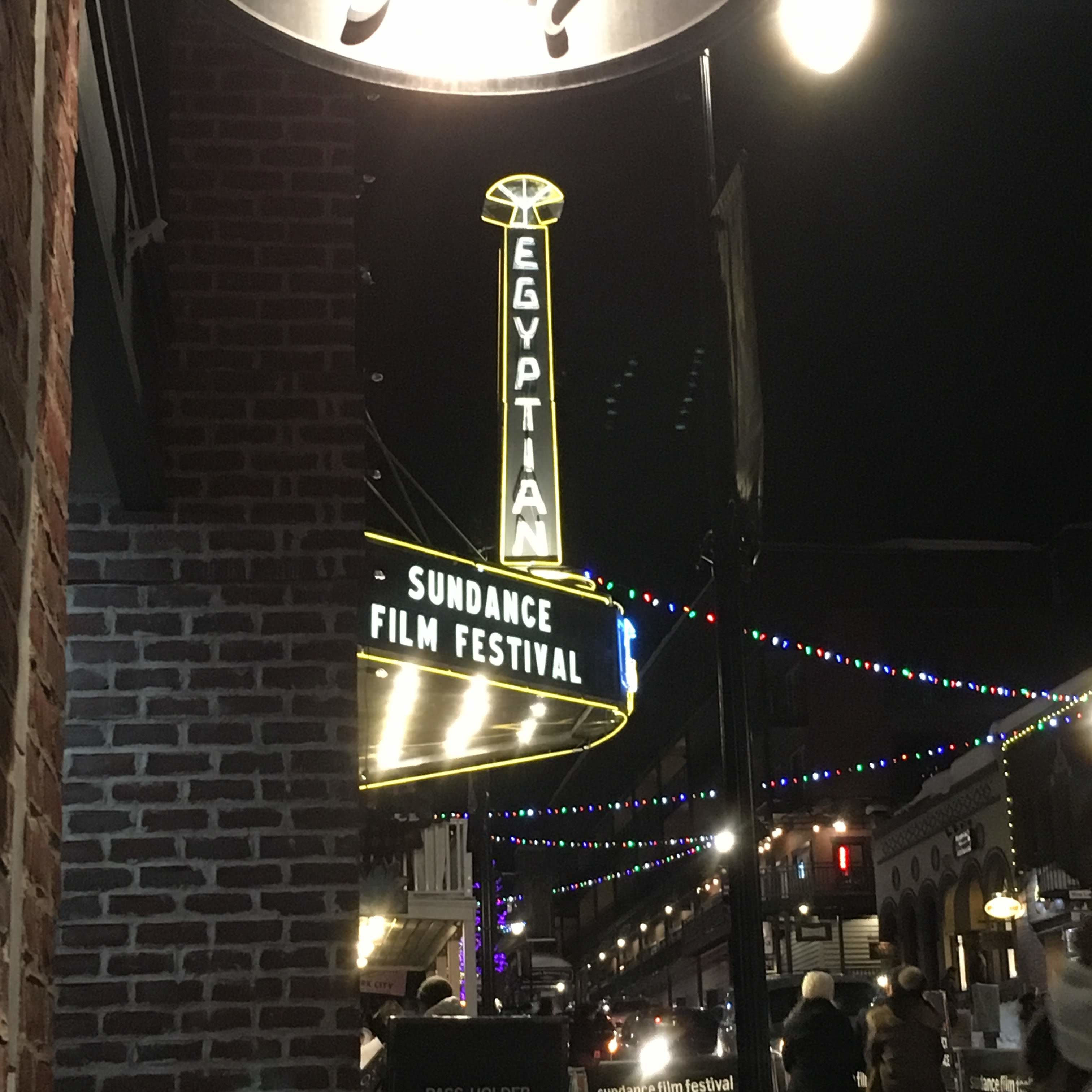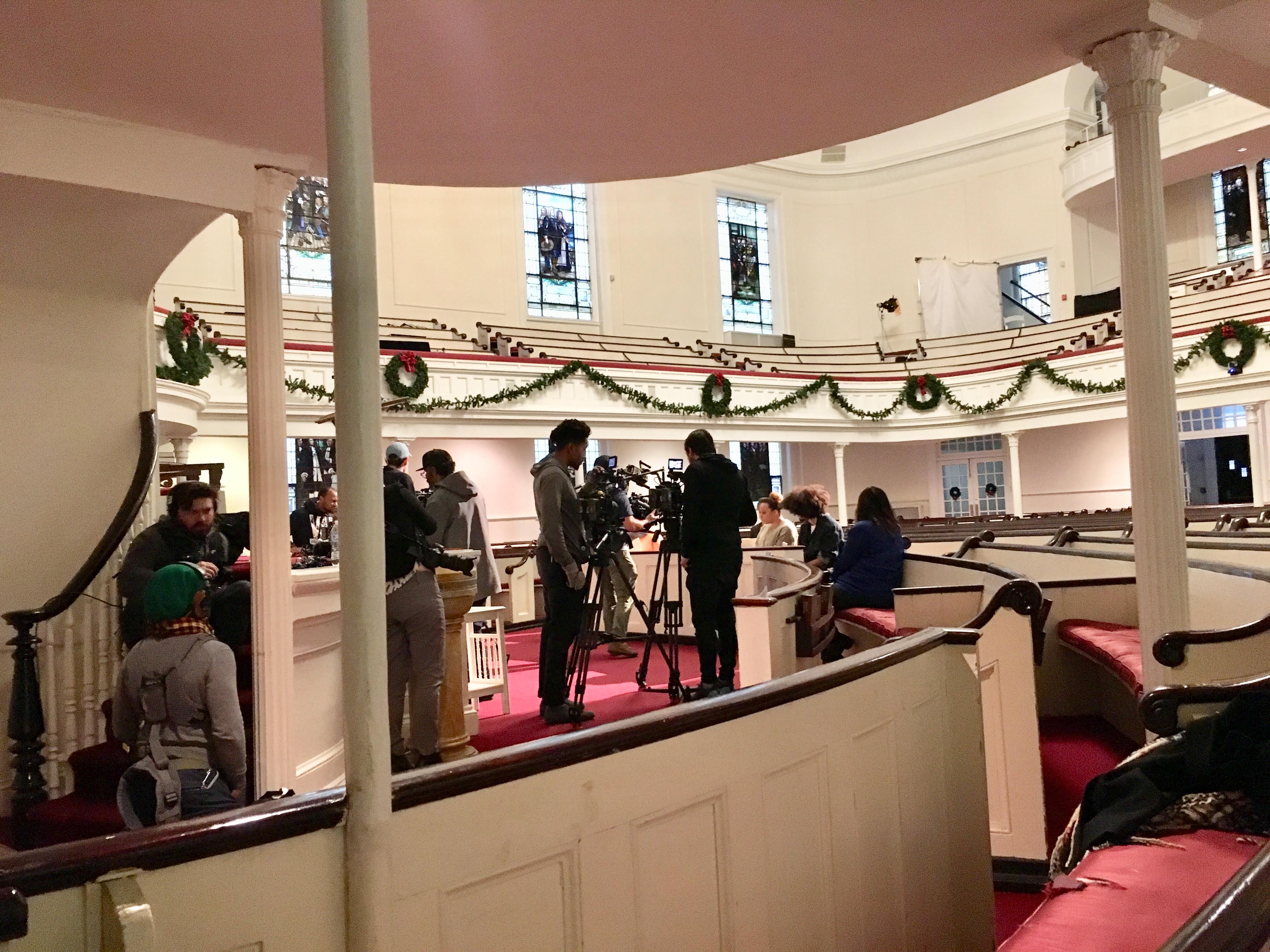
You thought you were paying attention, but you may have missed a few things in 2019. While CNN’s “Year in Review” will catch you up on the major news stories, it will not tell you how thoughtful Christians responded to those stories. If you consider yourself a thoughtful Christian, then this is the Year in Review for you.
January 1
The Netflix series Tidying Up with Marie Kondo prescribed an order for moving through a household and deciding what to keep: clothes, books, papers, sentimental items, miscellaneous items. This is the tidying up list for churches: ancient pageant costumes, old hymnals, business meeting minutes, untunable upright pianos, church directories from the 1990s.
January 3
The year started with a partial government shutdown. President Donald Trump wanted $5.6 billion for a wall to keep refugees out. The Democrats gave him money for border security. The person wiping the tears off the Statue of Liberty worked without pay.
January 3
Pope Francis sent a letter to United States bishops pointing out that they handled the recent sex abuse scandals poorly. He said that blaming each other and covering up is not helpful. Some blamed the pope for blaming the bishops.
January 8
A report came out that the United States’ carbon dioxide emissions in 2018 had the biggest increase in eight years. The U.S. is getting literal heat for leaving the Paris climate agreement. Several church staff meetings included this conversation:
“We need to do something in worship about climate change. When is Earth Day?”
“It’s the day after Easter.”
“Maybe next year.”
January 8
A report said that millions of Americans think they have food allergies, but do not. The number of churches serving the “gluten-free body of Christ” continues to increase.
January 16
Jilmar Ramos-Gomez was born in Grand Rapids and fought in Afghanistan, but the local sheriff’s office turned him over to ICE. Conservative ministers continued looking for Bible verses opposing immigration, but did not find any.
January 23
A new report stated that Islam is on track to surpass Christianity as the world’s biggest religion. This news led evangelicals to a greater appreciation for the Catholic approach to birth control.
January 28
After a Fox & Friends report that lawmakers in six states had introduced measures to permit public school children to study the Bible, unemployed seminary graduates who used to believe in the separation of church and state updated their resumes.
January 31
According to the Pew Research Center, religious people are more likely to exercise, but are not more likely to have a healthy body mass index. Religious people exercise more and are fatter than regular people. Further research is needed on the effects of church picnics, sitting in pews, and on the percentage of church people who lie about exercising.
February 22
Tim Tebow made Run the Race “the Christian movie he always wanted to see.” Sixty percent of the critics on “Rotten Tomatoes” said it was a Christian movie they did not want to see.
February 26
The United Methodist Church voted against allowing LGBT clergy and same-sex marriage. The “Traditional Plan” upholds and expands the church’s 1972 stance that homosexuality is “incompatible with Christian teaching.” The “Traditional Plan” does not mention the tradition of polygamy found throughout the Hebrew Scriptures.
March 1
For more than a decade, the interfaith group “No More Deaths” has been placing food, clothing and water in the Sonoran Desert to help migrants who have crossed into Arizona from Mexico. They cite Jesus’ command to give water to the thirsty. A federal judge found volunteers guilty of entering a national refuge without a permit and abandonment of property. He sentenced them to 15 months unsupervised probation and fined each $250. The judge did not mention Jesus during sentencing.
March 7
David Brooks’ column “The Case for Reparations: A Slow Convert to the Cause” made many white people think seriously about their feelings for David Brooks.
March 11
Barbara Brown Taylor’s Holy Envy called readers to a greater appreciation of world religions. Someone somewhere began working on Holy Arrogance, which calls readers to a greater appreciation of what they already thought.
March 11
Betsy DeVos, the education secretary, sent a letter to Congress indicating that she wants religious schools to be eligible for federal funding and grants. This clears the way for Americans who would never give money to Oral Roberts, Bob Jones or Brigham Young to contribute to Oral Roberts, Bob Jones and Brigham Young.
March 13
Researchers warned that religious self-flagellation poses a cancer risk. Scientists argue, “It is likely that either sharing blood-stained blades, contact of infected blood with open wounds, or with infected medical equipment resulted in (the cancer’s) transmission.” Some questioned whether those who practice self-flagellation were likely to read the report in the Center for Disease Control and Prevention’s Emerging Infectious Diseases Journal.
March 18
After 50 people were killed in terror attacks in Christchurch, New Zealand, Prime Minister Jacinda Ardern declared, “Within ten days of this horrific act we will have announced reforms which will, I believe, make our community safer.” She drew a comparison to Australia, which moved rapidly to enact strict gun laws after its own mass shooting in 1996. Lawmakers in the United States had no response because they were on spring break.
March 25
Michigan Attorney General Dana Nessel said discrimination in adoption services, even for religious objections, “is illegal, no matter the rationale.” Discrimination in religious services continues to be legal, no matter how stupid the rationale.
March 26
North Dakota Gov. Burgum lifted the ban on Sunday morning shopping. Under the old “blue laws,” businesses could not open until noon. Ministers in North Dakota know blue laws are goofy, but do not really need the competition from Target.
March 29
The San Antonio City Council voted to prevent Chick-fil-A from opening in the city’s airport. The Council did not like Chick-fil-A’s donations to groups opposing same sex marriages, but most voters in Texas love Chick-fil-A’s spicy deluxe sandwich and do not care for couples that are spicy in the wrong way. Youth ministers in San Antonio were disappointed that their chicken sandwiches were once again a question of faith.
April 4
The Church of Jesus Christ of Latter-day Saints repealed its 2015 ruling that banned baptisms for children of gay parents until they were 18. The religious world was shocked to learn that there are gay Mormon parents.
April 15
A disastrous fire broke out at the Notre Dame Cathedral in Paris, causing widespread damage. In the United States, church building and grounds committees added “check the fire extinguishers” to their agenda.
April 17
Mahavir Jayanti, the most important holiday for followers of Jainism, was observed in India. Lord Mahavira, the last of the 24 Jain deities, was born on April 17. Americans who disparage this holiday need to remember that in the United States April 17 is – you can look this up – National Cheeseball Day, Nothing Like a Dame Day and Blah Blah Blah Day.
April 18
According to a Gallup poll, millennials are the least likely generation to belong to a religious institution. The number of people who thought this was news was also at an all-time low.
April 19
The bees living on the roof of Notre Dame Cathedral survived the fire. The beekeeper called it “a miracle.” The priests at the Cathedral would have preferred a different “miracle.”
May 5
Pete Buttigieg went to Sunday school with former President Jimmy Carter at Maranatha Baptist Church. It seems possible that Buttigieg is the first gay, Episcopalian, Harvard graduate, Indiana mayor, navy veteran to attend a Baptist church in Plains, Georgia.
May 9
Pope Francis released new Vatican laws requiring clergy members to report allegations of sexual abuse and attempted cover-ups. The document is titled “Vos estis lux mundi,” meaning “You are the light of the world.” The laws did not include the phrase “potius sero quam numquam,” meaning “better late than never.”
May 15
The International Day of Families promoted awareness of issues relating to families. In nations around the world, people explored the 2019 theme of “Families and Climate Action.” In the U.S., Christian families spent the day drinking bottled water, driving everywhere and cranking up the AC.
May 18
500 million Buddhists celebrated Buddha’s birthday. What did Christians give one another for Buddha’s birthday? Nothing, which was appropriate.
May 28
In 2018 the Southern Baptist Convention recorded the fewest baptisms in a year since World War II. The record for baptisms was set in 1972. That year – which included the re-election of Richard Nixon and the Christmas bombing of North Vietnam – must have been the most spiritual year in U.S. history.
June 4
Muslims broke their fast at the end of the holy month of Ramadan. Fasting is a spiritual ritual when people reconnect with God, engage in prayer and study the Quran. Some Christian parents explained Ramadan to their children as a month of Vacation Bible School without Oreos.
June 6
Medical debt has become a target for church philanthropy. Pathway Church in Wichita, Kansas, spent $22,000 to wipe out $2.2 million in debt for 1,600 people. A church member somewhere feared this kind of compassion will keep his church from getting a new sprinkler system.
June 10
The Vatican announced that gender cannot be changed. People whose gender has been changed announced that the Vatican cannot be changed.
June 17
In an effort to strengthen the church in remote Amazon regions where clergy members are scarce, the Vatican is considering allowing older married men to be ordained and assigned there. Many of the women married to men who want to be priests assigned to remote Amazon regions feel that they can serve as single men.
June 19
According to an international survey, roughly 7 in 10 people say they trust scientists and want to learn more about science and health. Roughly 3 in 10 people should not be surveyed on anything of importance.
June 20
The Supreme Court reversed a lower-court ruling that the 40-foot Maryland Peace Cross, erected to honor fallen soldiers in World War I, is unconstitutional. Justice Ruth Bader Ginsburg, who wrote the dissenting opinion, pointed out, “The cross was never perceived as an appropriate headstone or memorial for Jewish soldiers.” Jewish soldiers who fought in World War I were unavailable for comment.
July 8
The Holy Sepulcher in Jerusalem has long been a source of tension between the Christian churches sharing it. The leaders of the Roman Catholic, Greek Orthodox and Armenian Orthodox churches signed an agreement to renovate the church’s sewage system. Some observers consider this a sign of growing cooperation, but custodians do not consider broken toilets a partisan issue.
July 25
During a phone call between President Trump and Ukraine’s president, Trump seemed to urge Ukraine to investigate former Vice President Joe Biden and his son for corruption. On July 28, some clever minister prayed, “God, investigate our hearts for corruption. May your Spirit be our whistleblower.”
August 21
President Trump thanked a conspiracy theorist for saying Jews in Israel love the president “like he’s the King of Israel” and accused Jewish voters of disloyalty if they vote for Democrats. The King of Israel did not respond.
September 1
A Mississippi venue cancelled a couple’s wedding plans after discovering the couple was a black man and a white woman. A spokesperson explained, “We don’t do gay or mixed race weddings because of our Christian race – I mean, our Christian belief.” Reporters failed to ask what they would have said to Moses and his Ethiopian bride.
September 1
The mayor of Odessa, Texas, blamed video games for the most recent mass shooting. The mayor did not explain why other countries with video games do not have mass shootings.
September 4
Someone drew a circle on a National Hurricane Center map to include Alabama so the president would not have to admit he was wrong. The makers of Sharpies thought this was a good idea.
September 4
Marianne Williamson said, “Millions of people today are praying that (hurricane) Dorian turn away from land, and treating those people with mockery or condescension because they believe it could help is part of how the overly secularized Left has lost lots of voters.” Lots of voters continued to treat Marianne Williamson with mockery or condescension.
September 15
The patriarch of the Maronite Church declared 34 couples “husbands and wives” in Bkerke, Lebanon. The mass ceremony minimized the cost of weddings. In massive numbers, fathers of prospective brides across the United States googled “Maronite Church” and “cost of mass weddings.”
September 27
Kanye West released “Jesus is King” to the befuddlement of many. West’s portrayal of himself as Jesus with a crown of thorns on the cover of Rolling Stone would seem problematic for white evangelicals. His embrace of President Trump makes the African American community skeptical. His self-absorbed persona makes those who care for the marginalized confused. But West has struck up a friendship with Jerry Falwell Jr., so this could work.
September 27
Dallas pastor Robert Jeffress used the Bible to debunk the science of climate change saying, “Somebody needs to read poor Greta (Thunberg) Genesis Chapter 9 and tell her next time she worries about global warming just look at a rainbow. That’s God’s promise that the polar ice caps aren’t going to melt and flood the world again.” The polar ice caps continued to melt.
October 3
Kentucky Gov. Matt Bevin encouraged students to participate in “Bring Your Bible to School Day.” In 2017, he signed legislation making Kentucky the first state to allow public schools to offer Bible literacy classes. Sarcastic Ohioans suggested Kentucky observe “Read a Book at School Day” and allow public schools to offer literacy classes.
October 11
Abuse survivor and victims’ advocate Rachael Denhollander pointed out that David raped Bathsheba. This surprised many Christians who were unfamiliar with the Bible.
October 15
The Democratic Primary Debate lasted three hours and exceeded 30,000 words, almost none of them about religion. Elizabeth Warren, a Methodist, has repeatedly reflected on her past as a teacher, but does not mention that she taught Sunday school. Pete Buttigieg seems to be the most willing to mention religion on the campaign trail. Southern evangelicals wish someone other than the gay Yankee would acknowledge the importance of faith.
October 23
The Beyoncé Mass, which features black women singers, dancers and ministers, is a complete church service with a sermon, scripture readings and the Lord’s Supper. White ministers are considering The Bruce Springsteen Mass, The Taylor Swift Mass and The Garth Brooks Mass.
November 25
Lawyers for cannabis churches argue that marijuana is a sacrament, but The Sacramental Life Church of Redondo Beach found itself in trouble with the deputy city attorney who said: “In the city’s opinion this isn’t a sacrament of the church. This is clearly a marijuana dispensary. The Catholic church doesn’t charge you to drink the wine.” Young evangelicals were shocked to learn Catholics get real wine.
December 3
Ministers looked forward to the year that Giving Tuesday falls on a Sunday.
December 4
North Korea warned the U.S. of a possible “Christmas gift” if it doesn’t meet an end-of-year deadline for concessions. North Korea understands what a real “War on Christmas” would look like.
December 10
House Democrats unveiled two articles of impeachment against President Trump. Trump had two words for all of this: “witch hunt.” Trump continues to poll poorly among witches.
As this year draws to a close, what can we expect in 2020? Liberal Christians will continue to vote for Democrats who do not like Christians. Conservative Christians will continue to vote for Republicans who do not think like Christians. The religious movement to address climate change will remain smaller than the religious movement to ignore climate change.
Thoughtful Christians will try to make sense of it all. They will keep trying to be the church, and that should be news.



